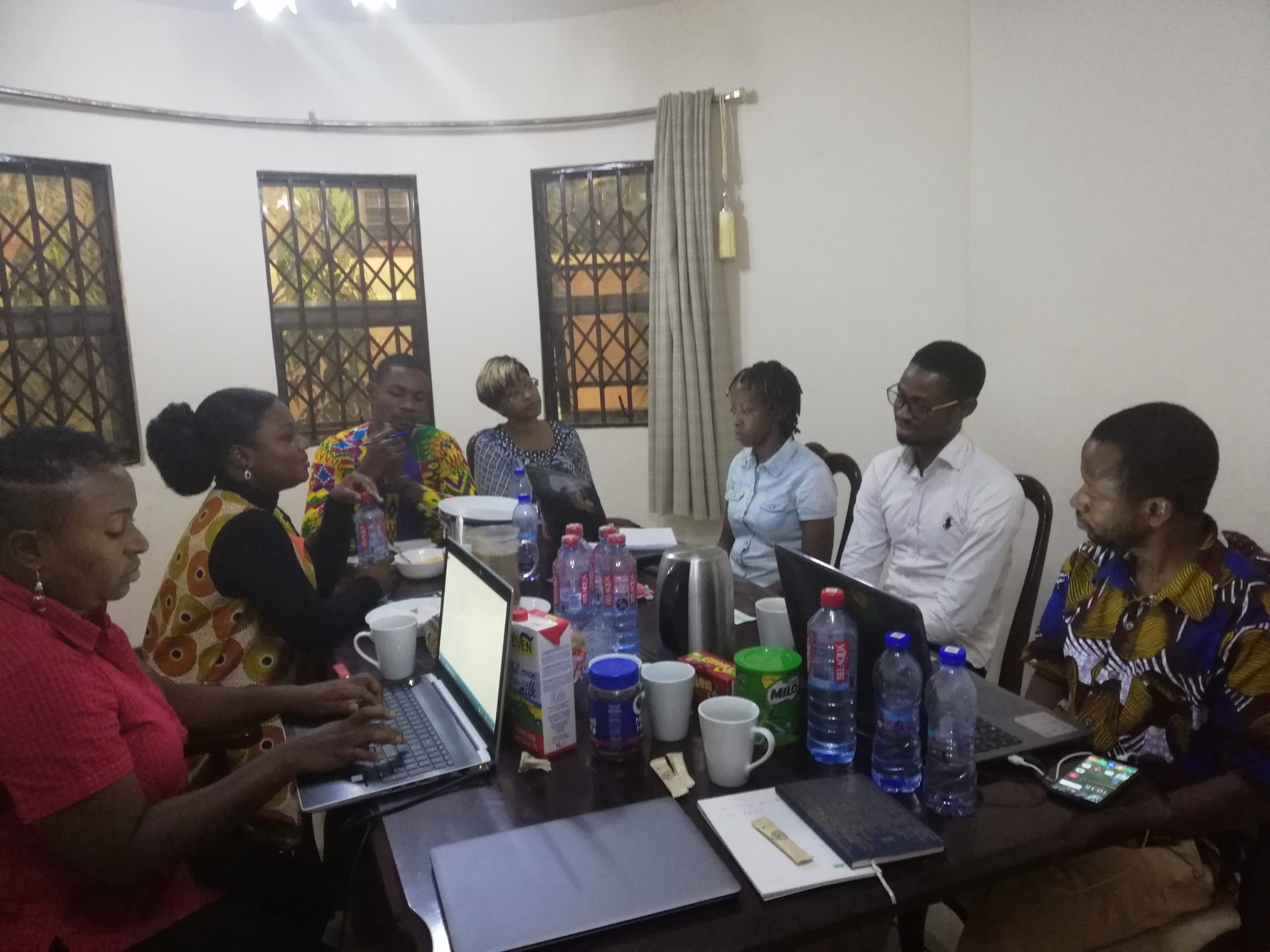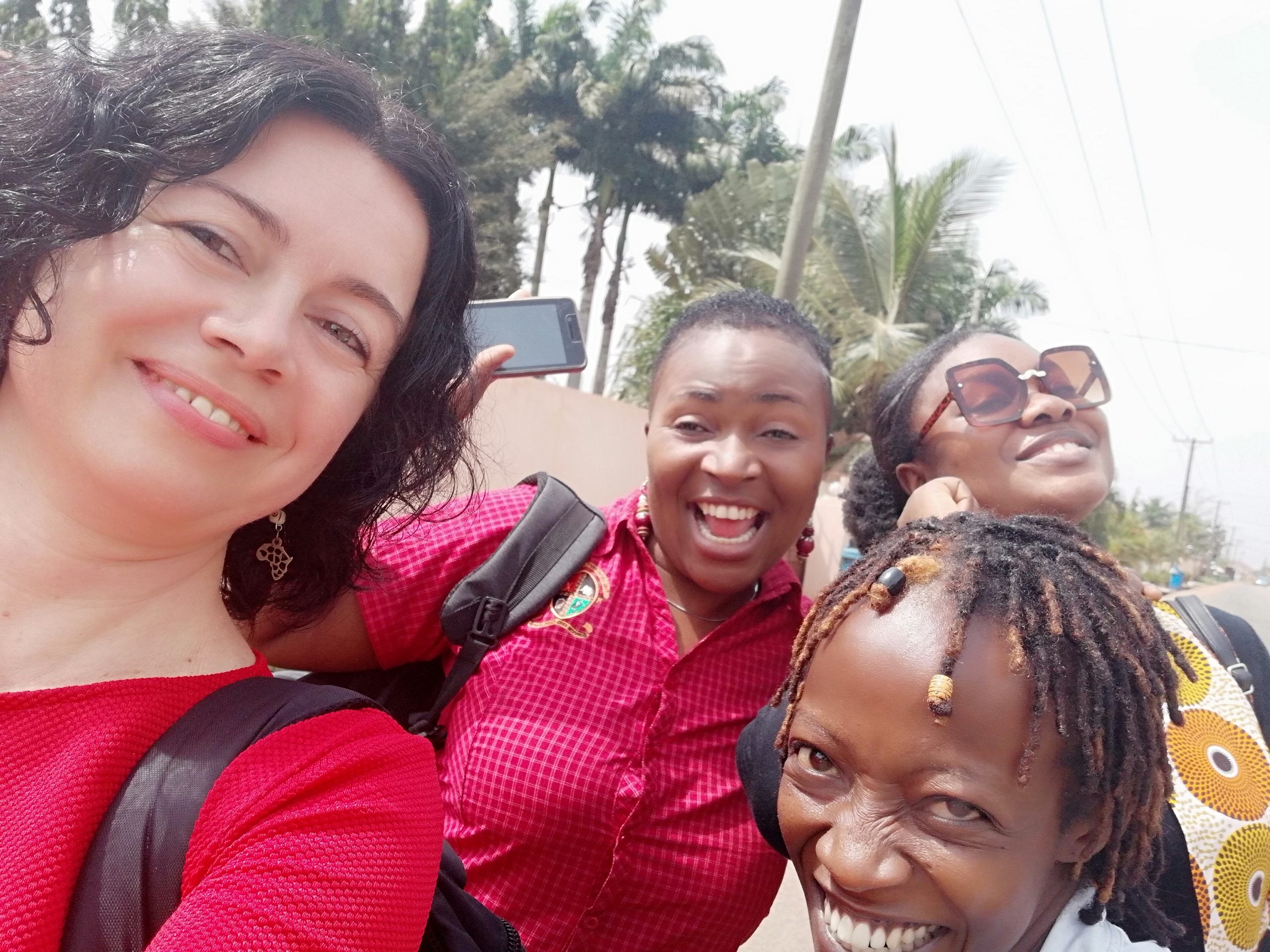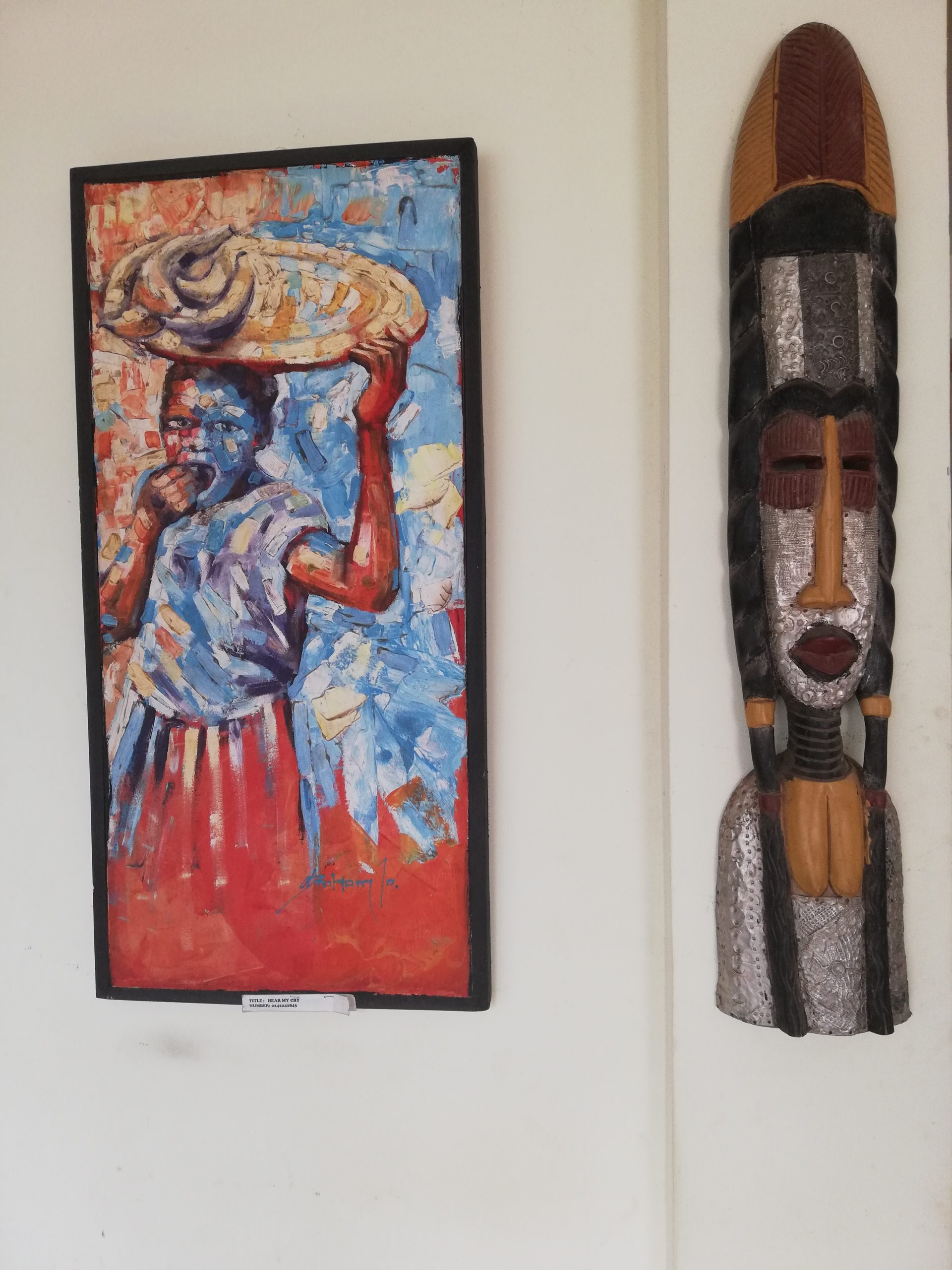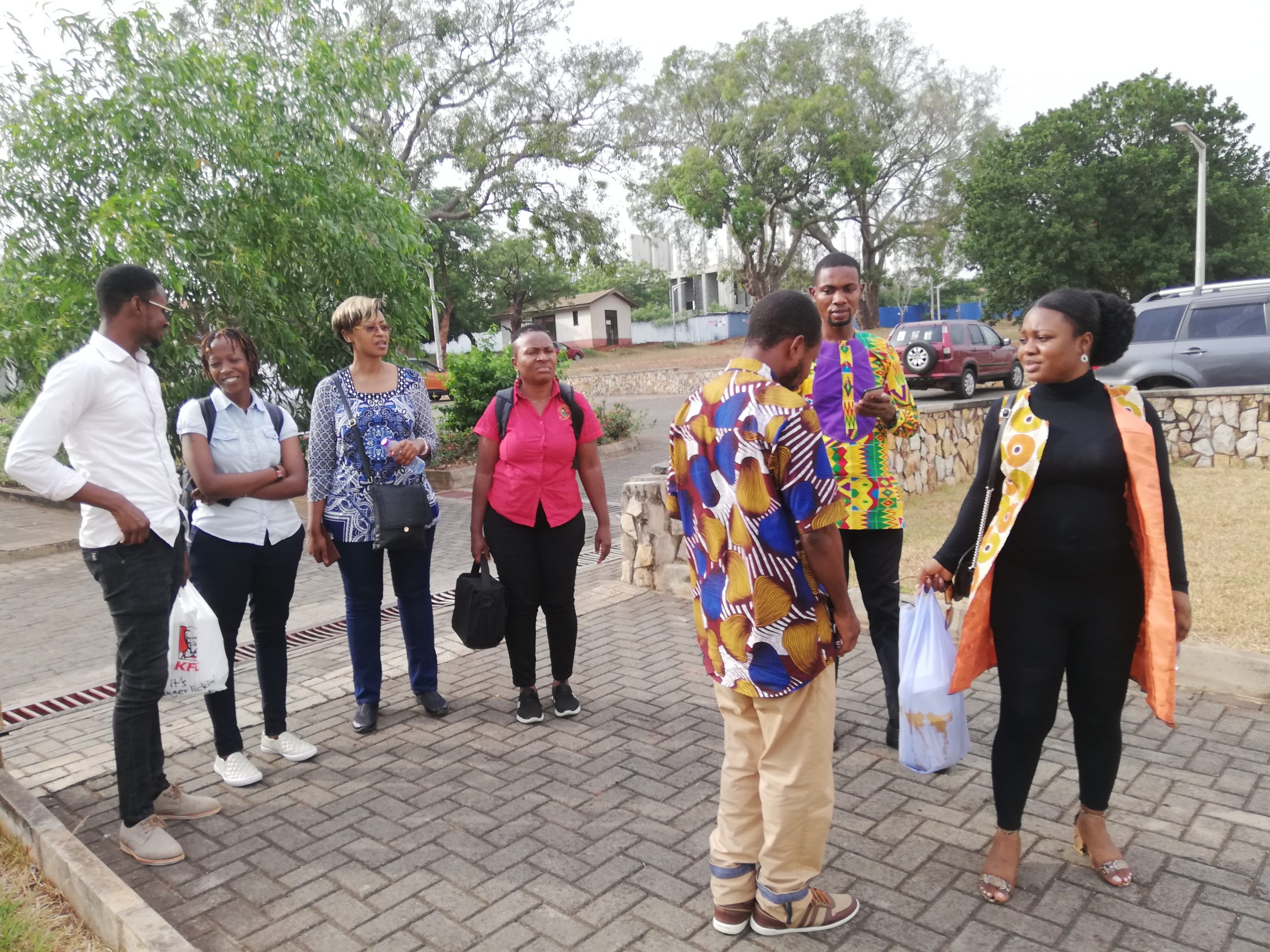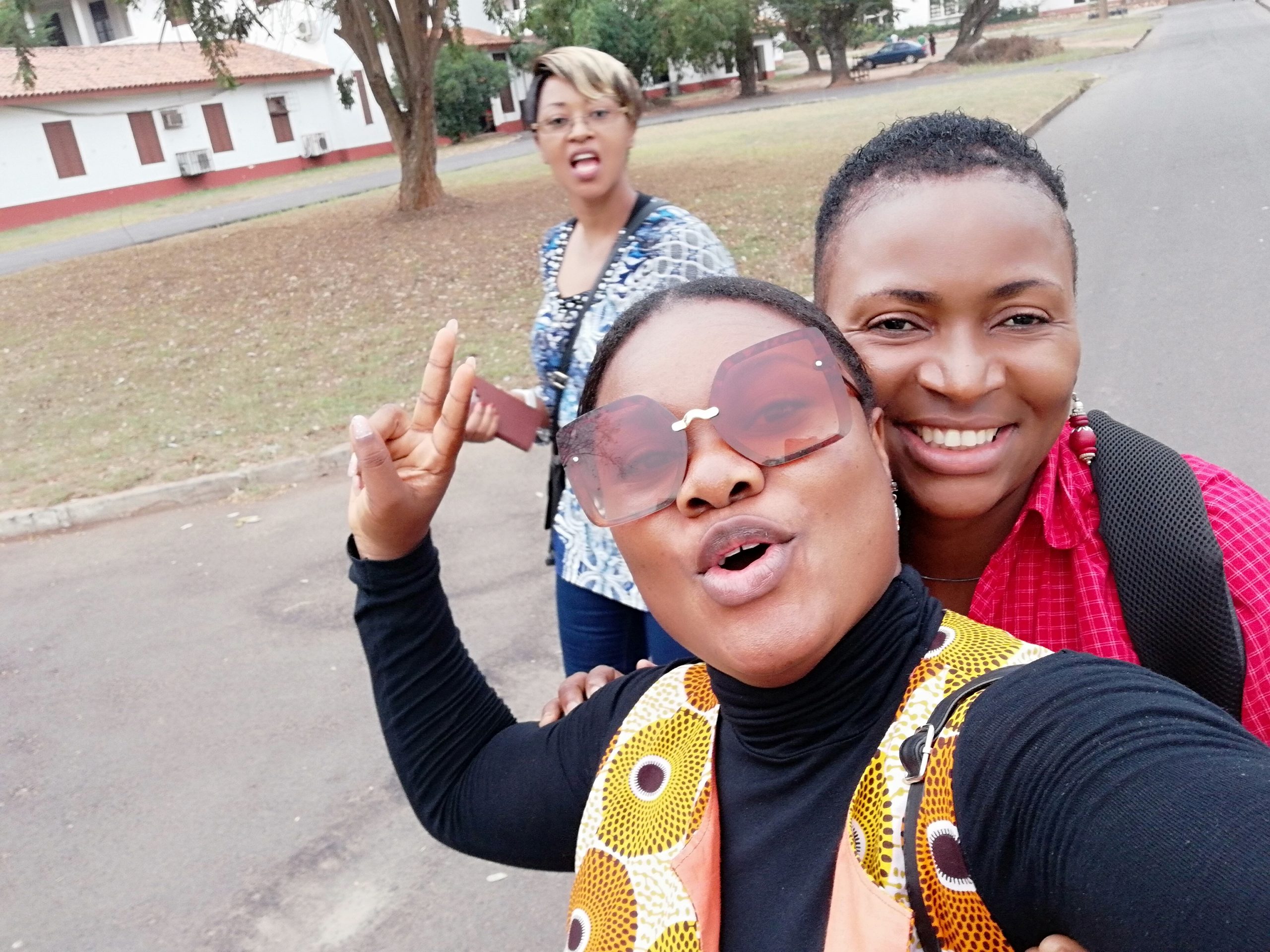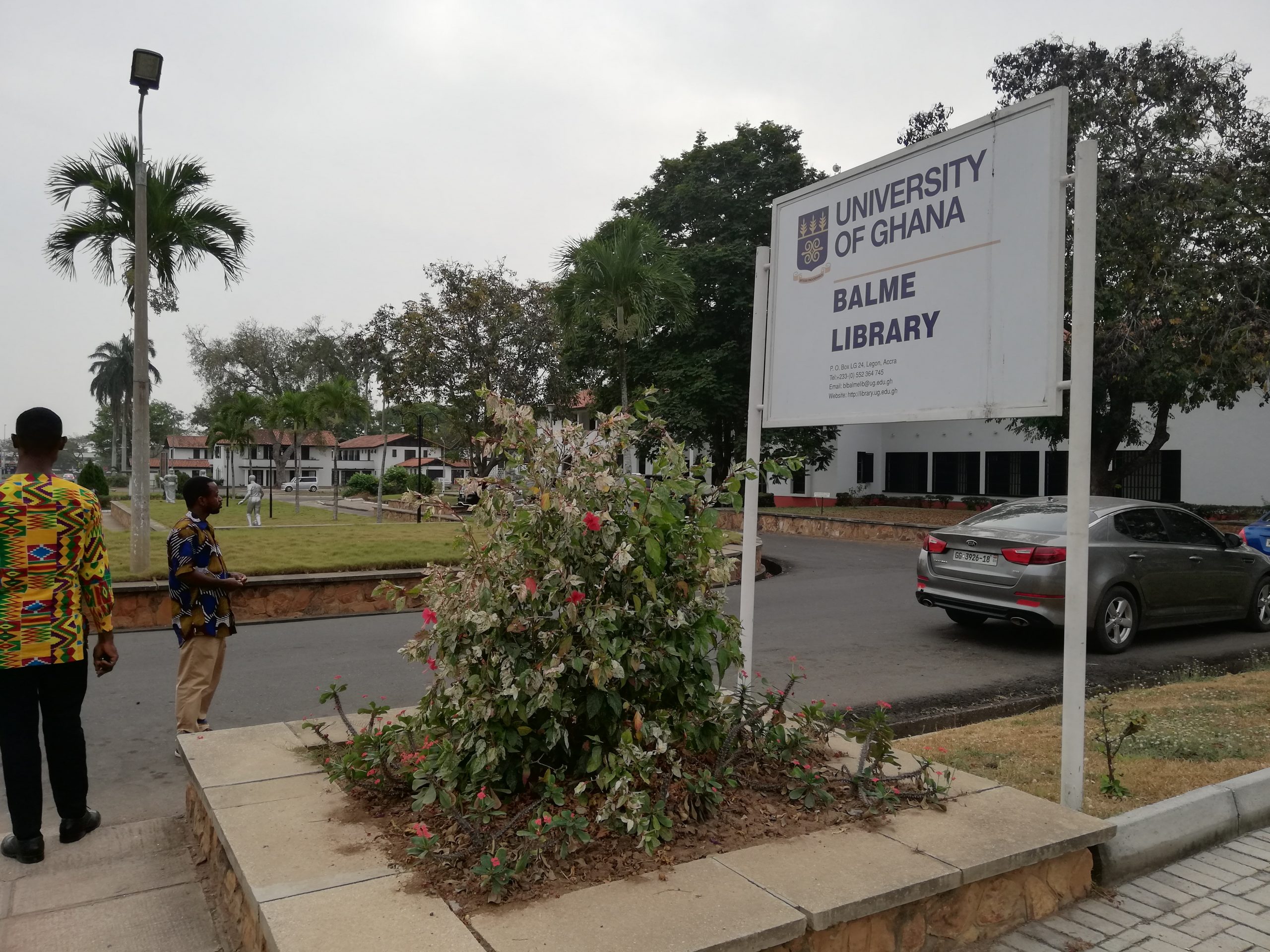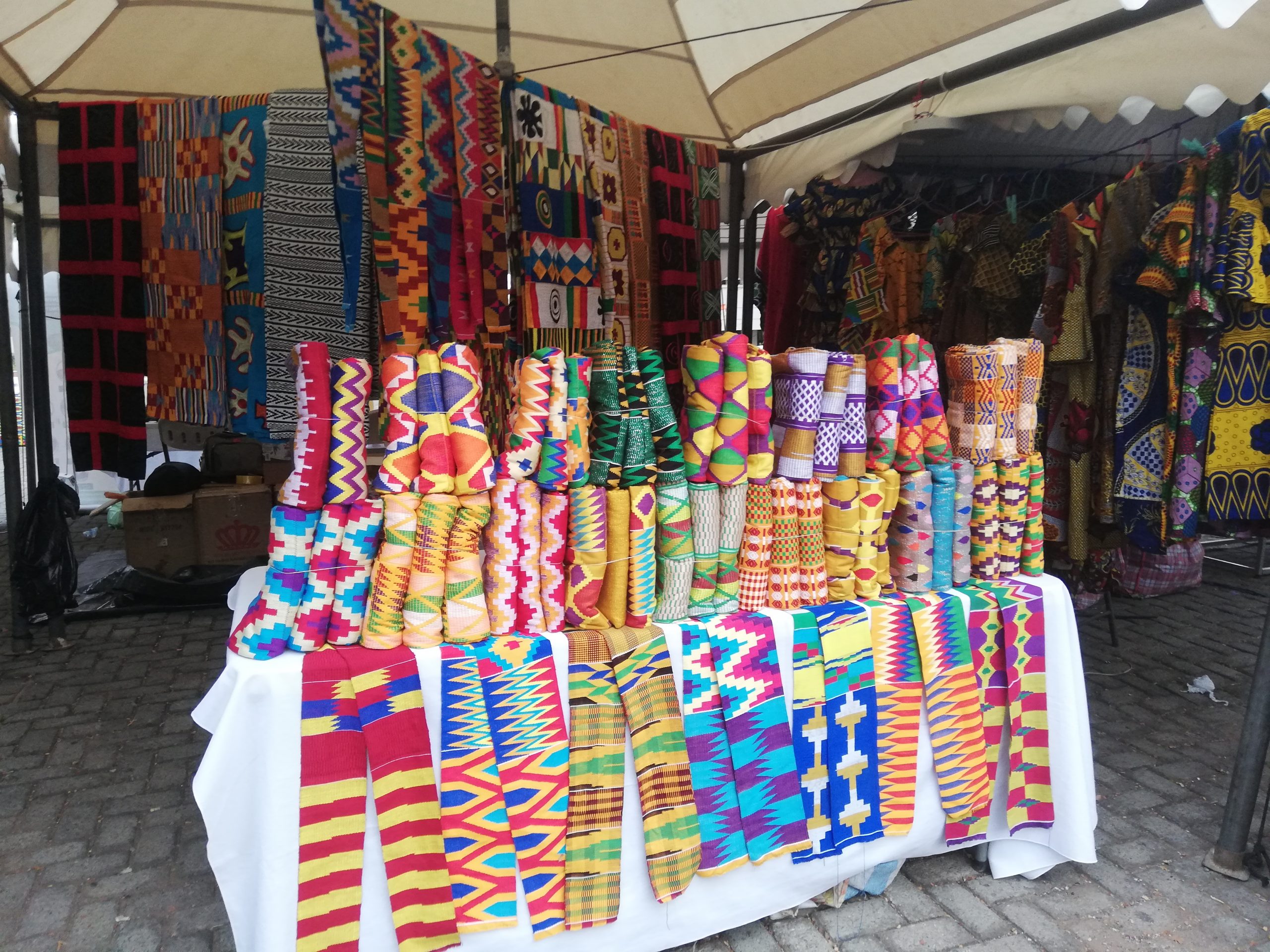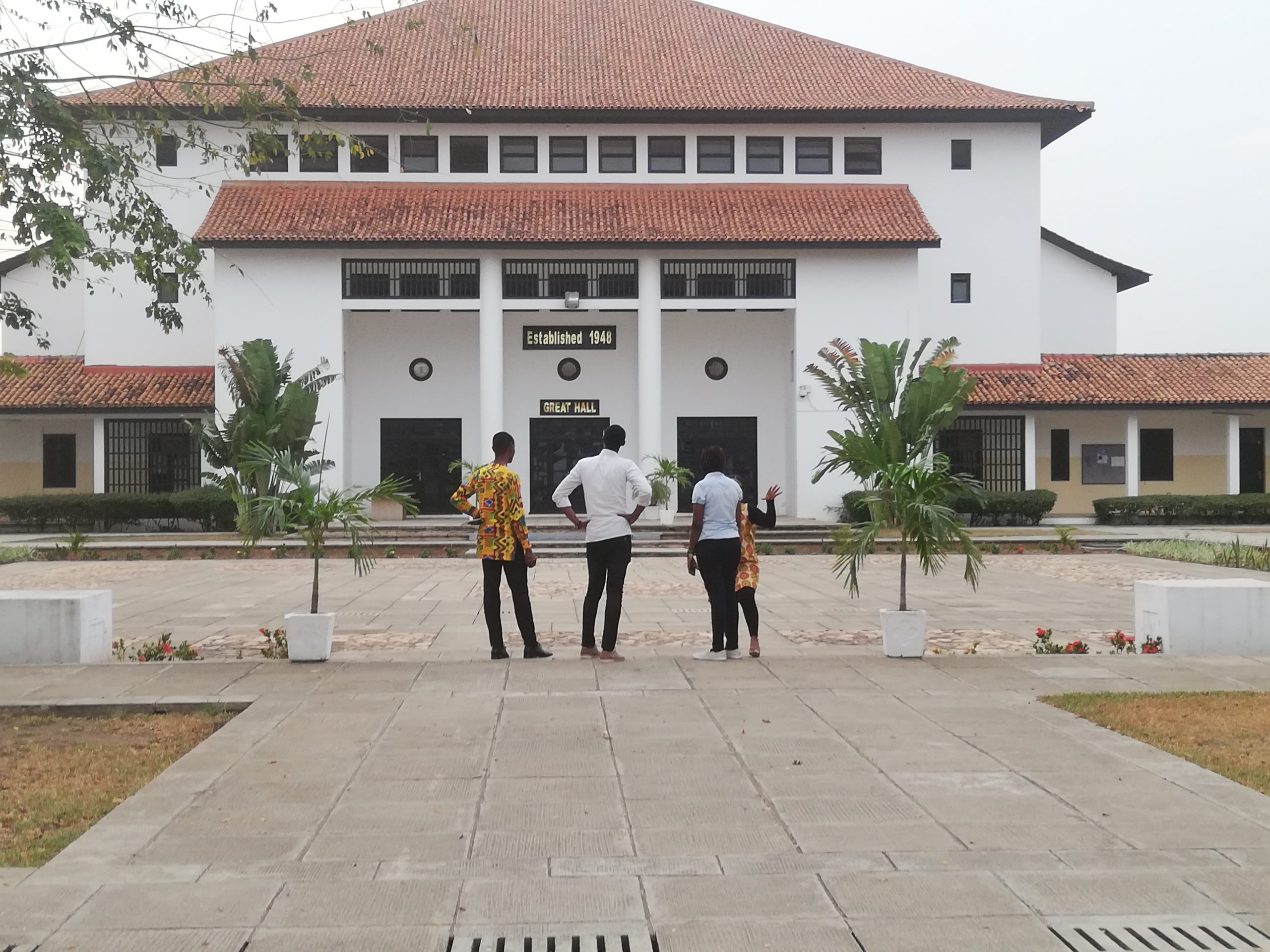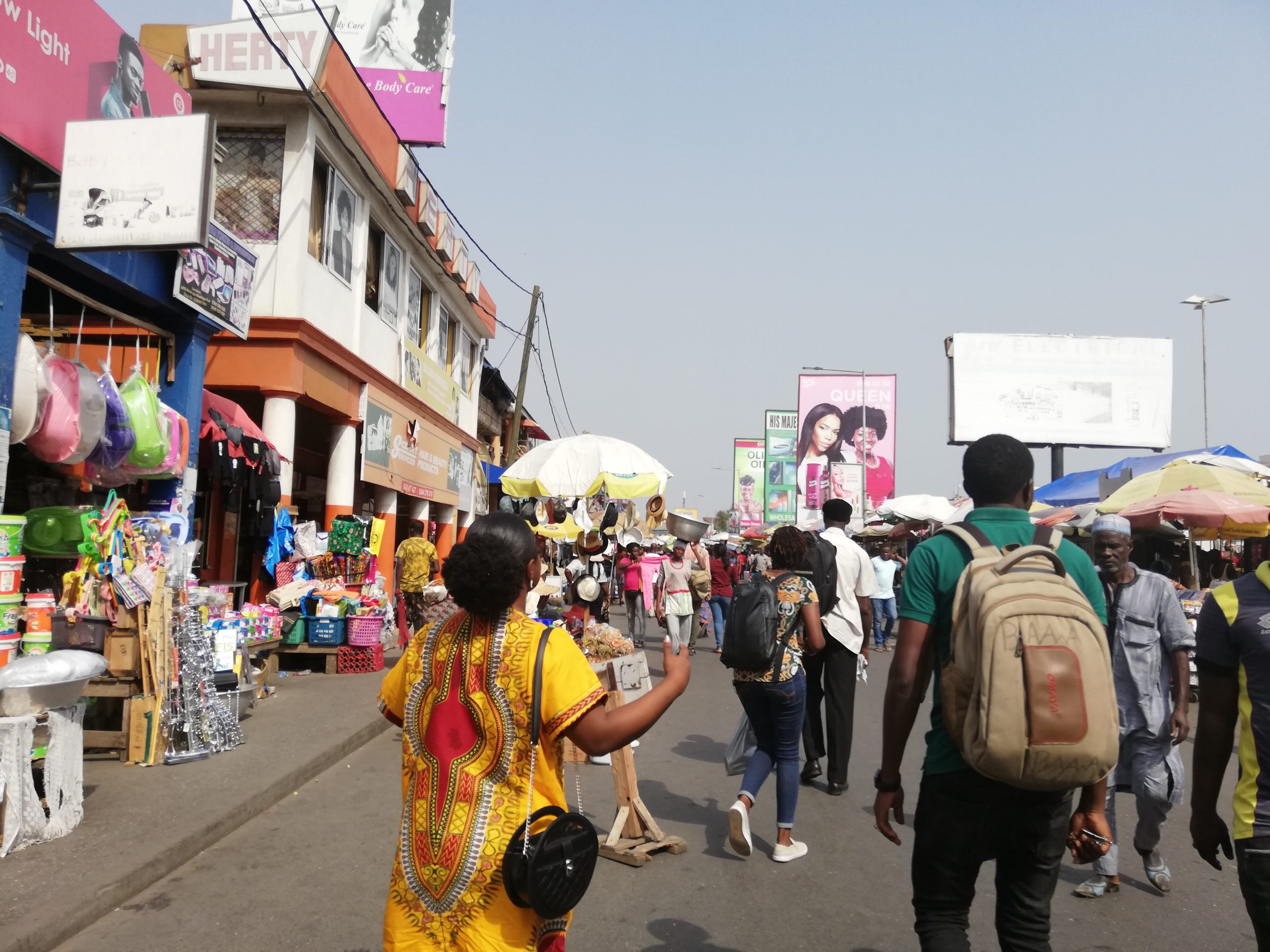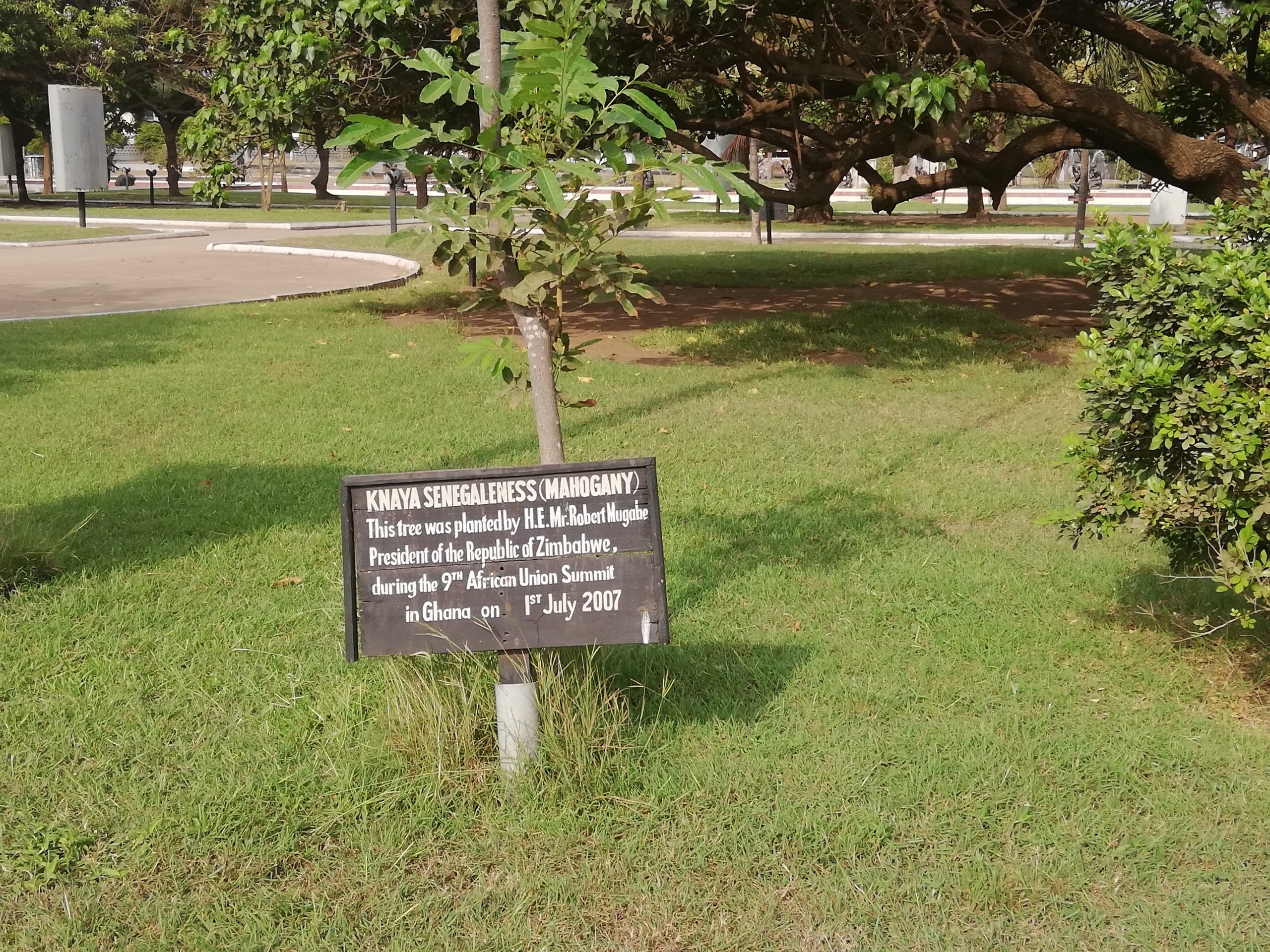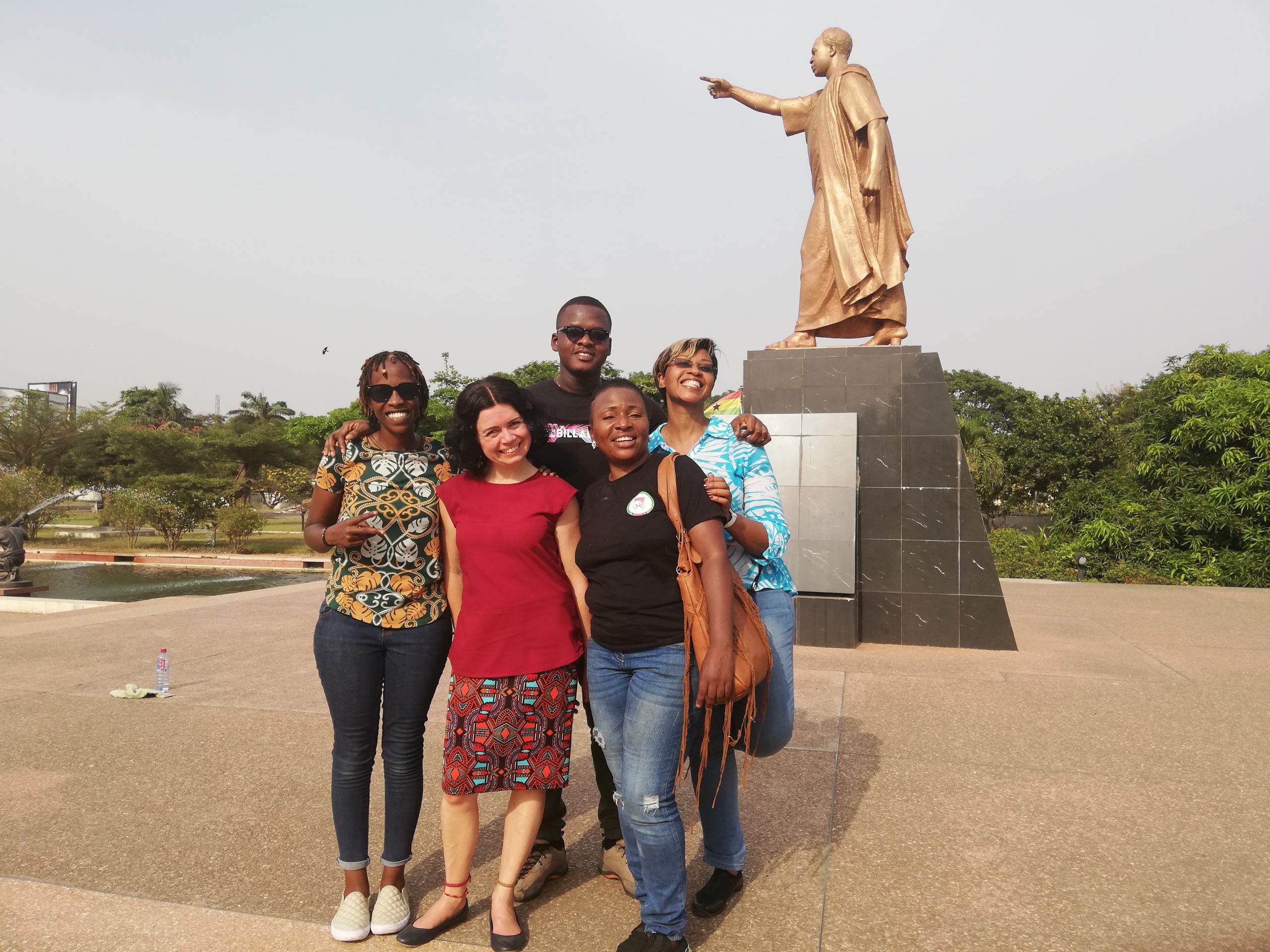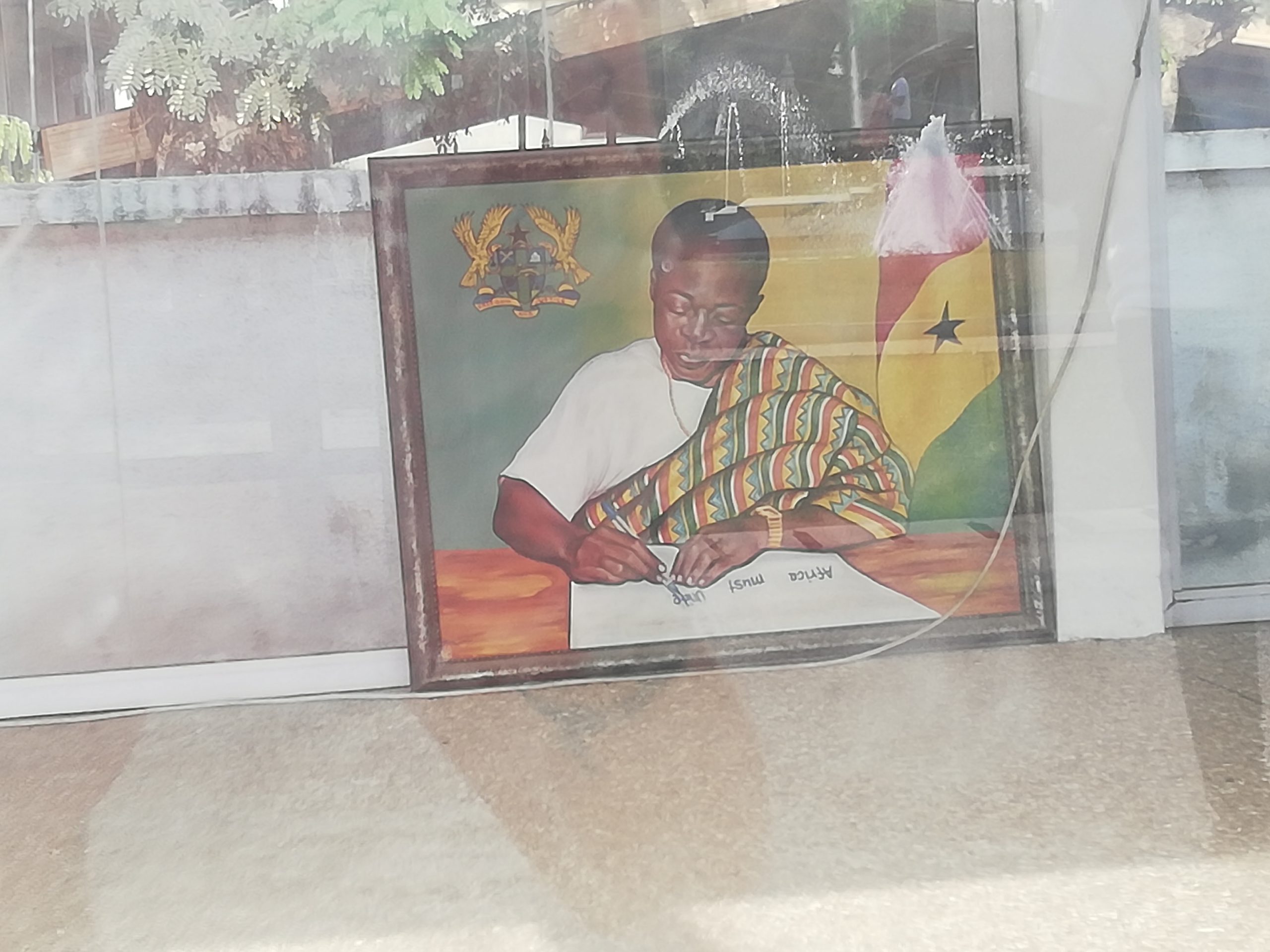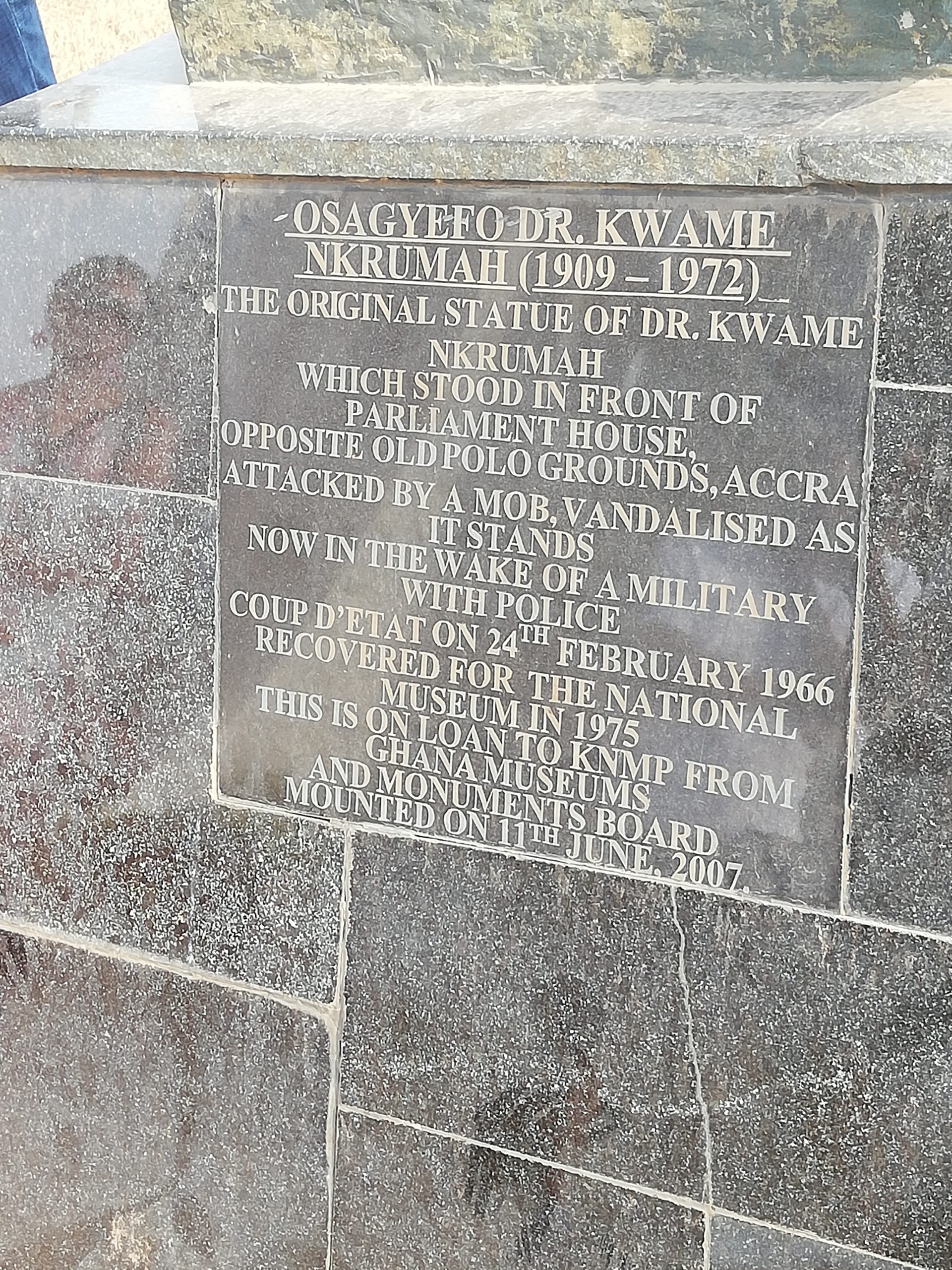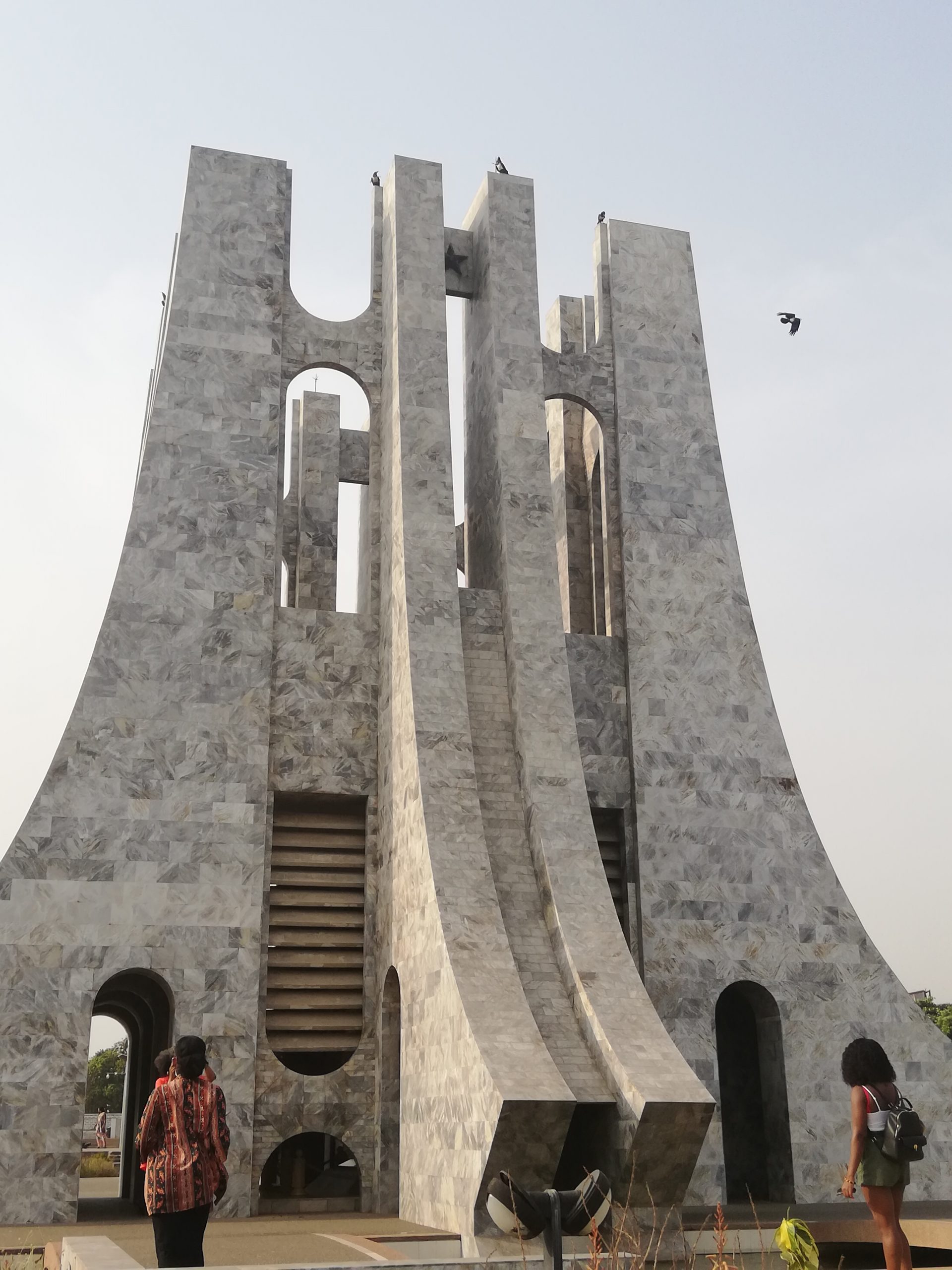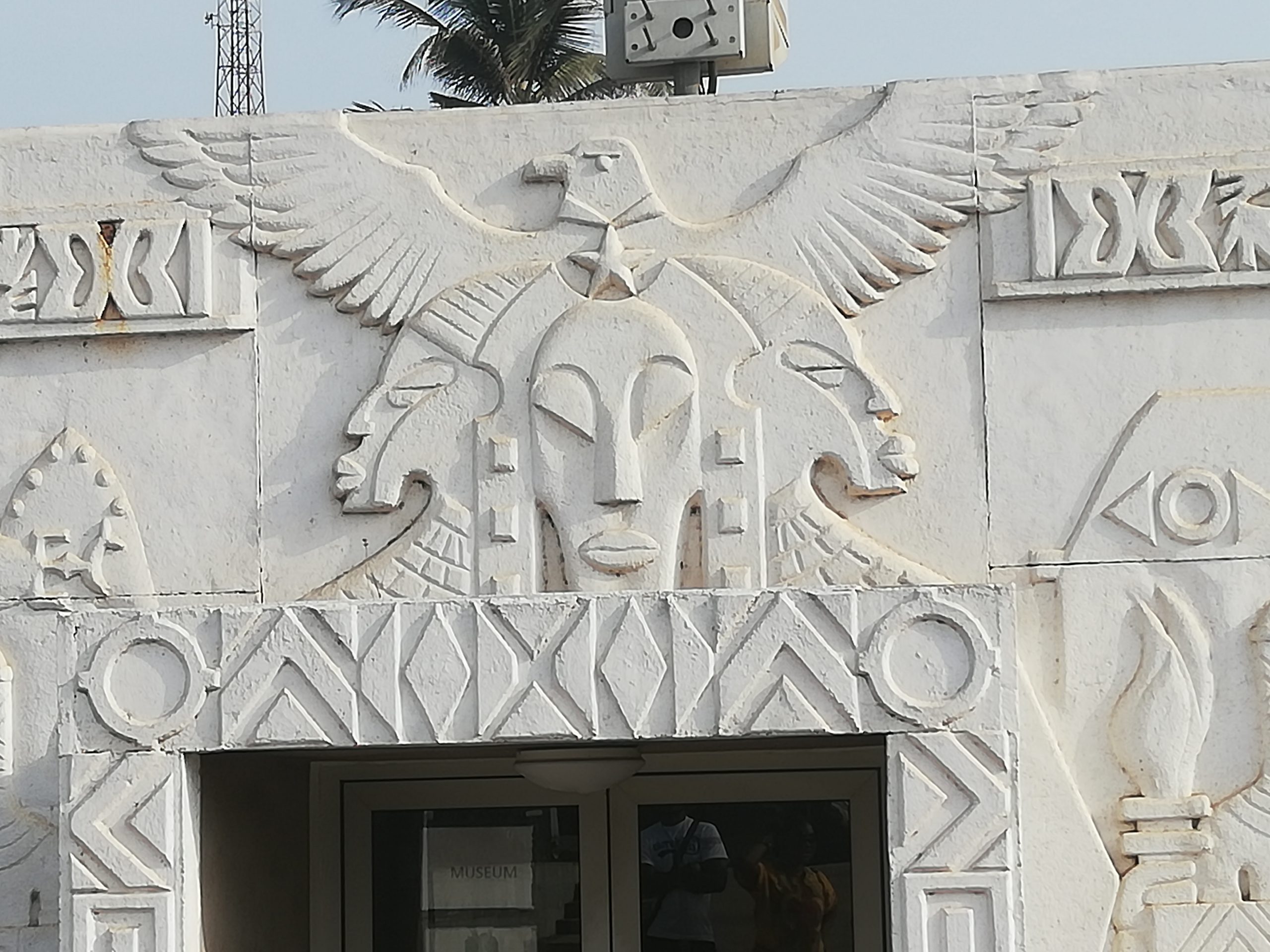EChange.02 – Change through Exchange
Peace, Security, and Strengthened Resilience of Societies in Africa and Europe
The project creates an exchange between young people between 18 and 28 years from Eswatini, Germany, Ghana, Kenya and Zambia who want to become active for the priorities of the Africa-EU partnership (as part of the ‘International Cooperation’ component of ET2020), especially for the priority areas ‘Investing in people’ and ‘Strengthening resilience, peace, security and governance’.
The organisations partnering in this project are: University of Eswatini (Eswatini), Farafina Institute (Germany – coordinator), Youth Network for Human Rights and Democracy (Ghana), Footprints for Change (Kenya), University of Zambia (Zambia).
The project is co-funded by the European Commission as part of the Erasmus+ program.
The aims for the project are:
- To facilitate and empower youth participants to contribute to positively bring about peace, security, and strengthened resilience of societies in Africa and Europe enabled by participatory and responsible governance.
- To empower Participating Institutions to contribute to the above aim through youth work.
- To enable sustainable connections and joint action among youth from Africa and Europe.
- To strengthen the capacities of Participating Organisations, their cooperation within the consortium and their connections with other youth organisations and agents for future joint activities.
The objectives for the participating young people are:
- To enable exchanges between youth from Africa and Europe about history, governance, institutions, peace, security, justice, political and governmental systems, youth participation and potentials of youth participation in processes for peace, security, resilience and governance.
- To enable participants to foster their skills and competences in the areas of:
- knowledge (e.g. understanding of the wider context of resilience, peace, security and governance),
- motivation (e.g. recognizing the potentials of youth in bringing about change),
- tools (e.g. methods of social action),
- strategies (e.g. turning ideas into action, project management), and
- connections with similarly motivated young people for joint action.
- To pilot a ‘Project Development and Funding Tutorial’ for the development of skills and knowledge to bring project ideas into action.
- To develop a ‘Youth Exchange Documentary’.
- To connect all participants with Farafina Institute’s online platform ‘Action for Change’ to enable exchanges among the group and with other youth and jointly plan and implement projects for peace, security, governance and social wellbeing.
- To develop several concepts for follow-up projects with the participants and form working groups for their implementation.
The activities for youth participants include:
- Two exchange visits (20 days each) – one exchange visit to Kenya and one exchange visit to Germany.
Indicative activities during the exchange visits include (to be specified in the course of the project and with contributions by participants):
- Joint sessions/workshops with the whole group to exchange about the context of participation of young people in the participating countries and opportunities for young people to contribute to strengthening resilience, peace, security and governance in their societies.
- Participants make inputs (presentations/workshops) about history, culture, society, youth participation, resilience, peace, security and governance of their countries and about their own experiences with social and political engagement.
- Participating Organisations and external speakers share insights and lead discussions on issues of youth participation, resilience, peace, security and governance.
- Training part 1 (Kenya) and 2 (Germany) on project development and fundraising.
- Feedback sessions on the exchange visits. Participants discuss how to integrate their ideas in the project outputs and dissemination activities.
- Visits to different institutions for gaining knowledge about social and political structures, governance, systems, and institutions.
- Participants form working groups and develop strategies for follow-up projects; they develop strategies for future action on the national and cross-national level, concrete steps are decided, and tasks are assigned.
- A volunteering project is conducted by the whole group in each of the two host countries. The project will contribute to both or one of the two priority areas: ‘Investing in people’, ‘Strengthening resilience, peace, security and governance’.
This joint project will contribute to the practical relevance of the project and to the team building of the group. The type of project will be decided on based on the interest of the youth participants during the preparation meetings.
- Workshop organised by Partner Organisations: Through a 1-day workshop, Partner Organisations will bring in their expertise and present their work with young people to an audience of organisations working with issues related to the priority areas of the project. The Partner Organisations will jointly organise the workshop, youth participants will be invited to attend.
2. Two preparatory meetings (1 day each) before each exchange visit will be conducted in each participating country by the Partner Organisation with the youth participants. The meetings will introduce participants to the project, gather their expectations and input for the outputs and for the exchange visits, determine which input each participant will give throughout the project based on their prior experience, develop a schedule for participants’ input, form working groups for the development of follow-up projects and plan logistical issues of the exchange visit. The second preparatory meeting will further collect participants’ feedback on the first exchange visit.
3. Development of concepts for follow-up projects and other outputs. Participants will develop concepts for follow-up projects as part of this project and will continue working on their projects after the termination of EChange.02. They will also contribute to other outputs that participants jointly decide on.
Coordinator:
Farafina Institute e.V.
Contact: claudia.koehler@farafina-institute.org
Partner:
University of Swaziland
Foot Print for Change
The University of Zambia
Youth Network for Human Right and Democracy

Our outputs
Contact Address:
Schuetzenstrasse 51, 96047 Bamberg, Germany
Phone: +49 176 417 185 89
